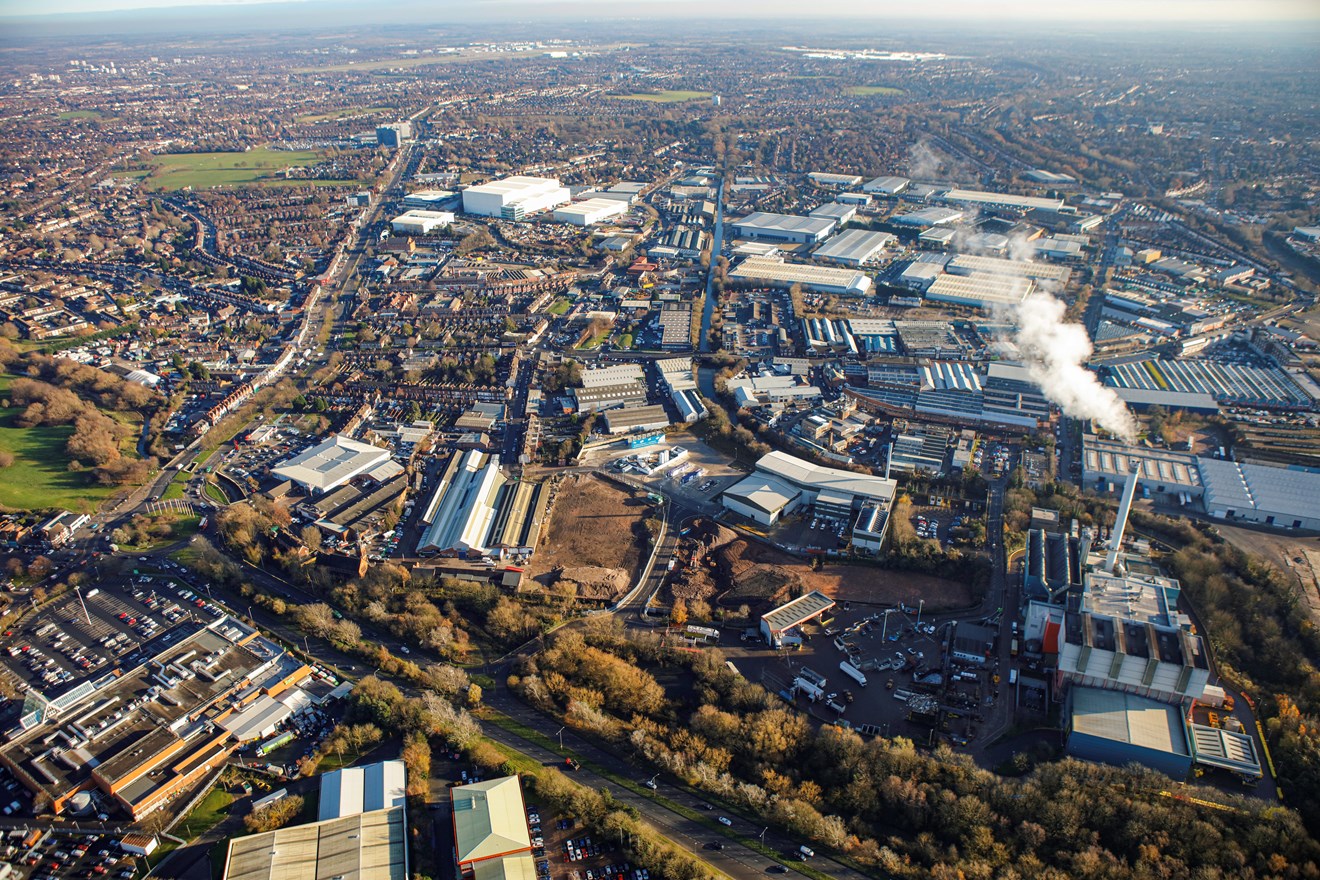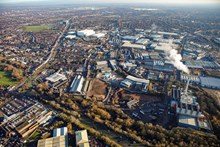The energy and mobility sectors, urban development and agriculture must all interact to meet the UK’s target of Net Zero carbon emissions by 2050. Regions, municipalities and state bodies will have to work with energy suppliers, grid operators, real estate operators and the community across sectors and disciplines to make the right decisions on technology investments and to create a viable decarbonisation strategies.
Together with Tyseley Energy Park (TEP) and the University of Birmingham, Siemens has now successfully demonstrated a solution for that challenge in the Birmingham City region. The project partners worked together to model the potential beneficial impact of more effectively utilising existing generation assets to deliver a carbon reduction strategy for Birmingham’s Eastern Corridor.
Considering multiple energy vectors including electricity, heat and transportation, Siemens demonstrated how disparate current and future generation sources could be harnessed to transform energy innovation in the region, drive clean growth and help Birmingham meet its commitments to reduce its CO2 emissions to zero by 2030. It could also help the region tackle challenges such as energy poverty, poor air quality, electricity grid constraints and unemployment.
Energy experts from Siemens worked closely with a wide range of local stakeholders using bespoke digital modelling tools and based on real-time data. The modelling demonstrates how, by optimising both heat and power usage, the energy system could help save 90kt of CO2 emissions, reliably supplying residents with 500 GWh of sustainably generated heat and 100 GWh of electricity, covering all electrical demand and up to 75% of the heating demand from already existing and planned energy sources.
Other options would be to supply major energy users such as the local airport with renewable electricity, green heat and cooling, saving up to 10kt of CO2 emissions per year or fuelling up to 50 buses and 6 trains with locally produced hydrogen instead of diesel - saving 19kt of CO2.
The insights gained in this project will help Tyseley Energy Park, the University of Birmingham and partners support Birmingham City Council’s ambitious decarbonisation targets and will drive innovation across the West Midlands. They also demonstrated that energy transition is not only feasible, but can be achieved with existing technology in a reliable, sustainable and cost-effective manner.
“To inform the right strategy decisions, we needed deep insights into our existing and future energy generation and usage in order to demonstrate the untapped benefit of a more coordinated approach to energy”, says David Horsfall, Director of Tyseley Energy Park. “The Siemens model allowed us to identify the areas with the biggest potential and define a clear way forward. We were impressed with the efficiency of stakeholder engagement, data capture and timeliness Siemens has delivered.”
Professor Martin Freer, University of Birmingham added “As the University of Birmingham continues to invest in the development of the Tyseley Energy Park, this work led by Siemens is a crucial contribution to understanding how the energy assets of the Park can be deployed for the benefit of the City of Birmingham and the communities around the Park. We are keen to develop the opportunities that this report highlights."


